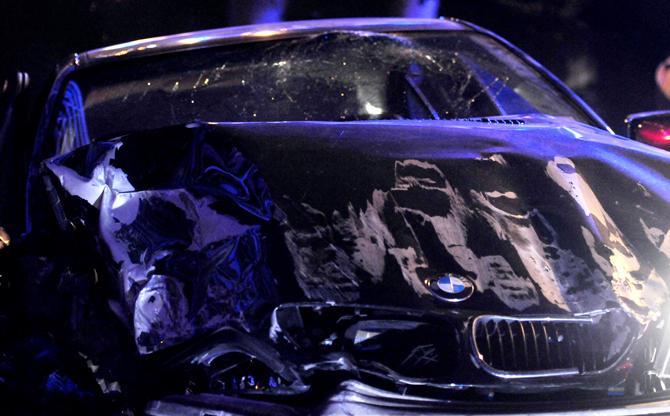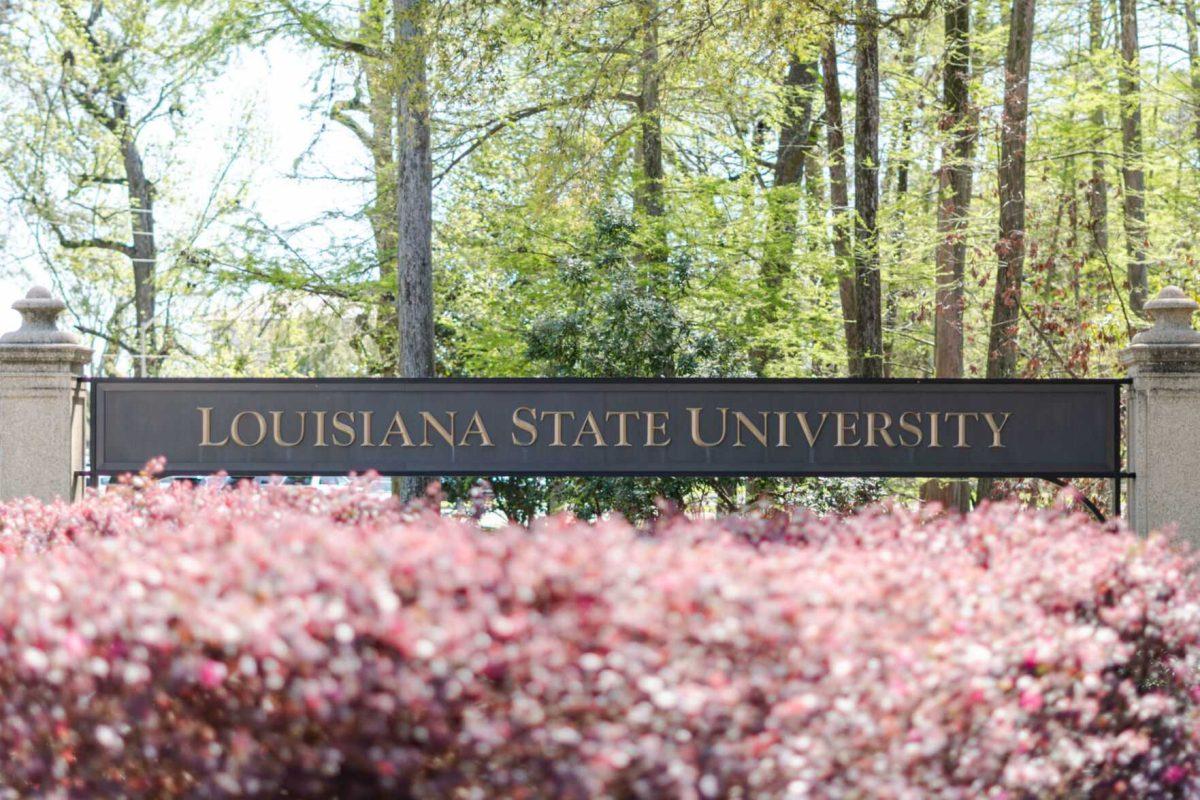Drunk driving is one of the most prominent causes of vehicle accidents and took 244 lives in Louisiana in 2018, according to the Highway Safety Research Group.
Highway Safety Research Group is a division of the Stephenson Department of Entrepreneurship & Information Systems within the E. J. Ourso College of Business at LSU.
Cory Hutchinson, an associate professor for research in the LSU E. J. Ourso College of Business, serves as the director of the Highway Safety Research Group and has been working with the group since 1994. In his experience, lack of seatbelt usage and drunk driving are the two major causes of accidents.
“Distracted driving is harder to analyze because that data is not as reported as it should be sometimes, since officers only tend to report what they can prove,” Hutchinson said.
HSRG collects information from law enforcement and other agencies to gather statistics and is funded by a grant provided by the Louisiana Department of Transportation and Development.
There has been a recent increase in accidents in Louisiana after a decrease for a number of years, according to HSRG reports, which Hutchinson attributes to a rising economy. Whenever the economy is lagging, people are less likely to purchase vehicles, refill their gas tanks and take road trips for pleasure. Now that the economy is doing better than it has been in a number of years, Louisiana residents can expect to see an increase in car crash-related injuries.
Value Penguin, a research company, used data from the National Highway Traffic Administration to determine Louisiana ranks ninth in the nation for number of fatal car accidents involving a drunk driver. Data from HSRG confirms that 30 percent of fatal accidents in Louisiana involve alcohol. Orleans Parish ranks first in alcohol related crashes, while East Baton Rouge Parish ranks fourth.
Hutchinson said there is a difference in cultures between North and South Louisiana causing the drunk driving problem.
“The cultures are different,” Hutchinson, a Houma native, said. “There tends to be more drinking [in the South]. People think it’s socially acceptable. Baton Rouge and New Orleans are the two cities where this is a major factor.”
Hutchinson said there was not necessarily an increase in drunk driving around the Mardi Gras season, since people are potentially inclined to drive drunk after any kind of social gathering. Drivers are just as likely to get behind the wheel drunk after a football game as after a parade, and that attitude comes from a cultural acceptance, according to Hutchinson.
Data from the HRSG website estimates December as having the most injury crashes involving alcohol in 2018 with 280, and April as having the most fatalities with 33 lives lost.
“We need an attitude shift,” Hutchinson said. “It’s not OK to drink and drive. It’s not OK to look at your cell phone and drive. In South Louisiana, people think these things are socially acceptable.”
Apps such as Uber and Lyft promote efforts to prevent drunk driving, and since 2010, Uber has self-reported decreases in alcohol-related accidents in major cities. However, Hutchinson said there has not been enough concrete evidence to support those claims.
“I’ve heard in other areas they have seen a decrease in alcohol-related crashes when Uber and Lyft come into play,” Hutchinson said. “We have not been able to confirm that in Louisiana at this time.”
The Louisiana Strategic Highway Safety Plan is currently working on an initiative to improve driver safety. The goal is eventually to have zero deaths on the roadways, and to cut fatalities in half by 2030. Most improvements can be accomplished, Hutchinson said, by drivers wearing their seat belts and obeying the speed limit.
“A lot of this is culture, and we have to start changing culture,” Hutchinson said.






